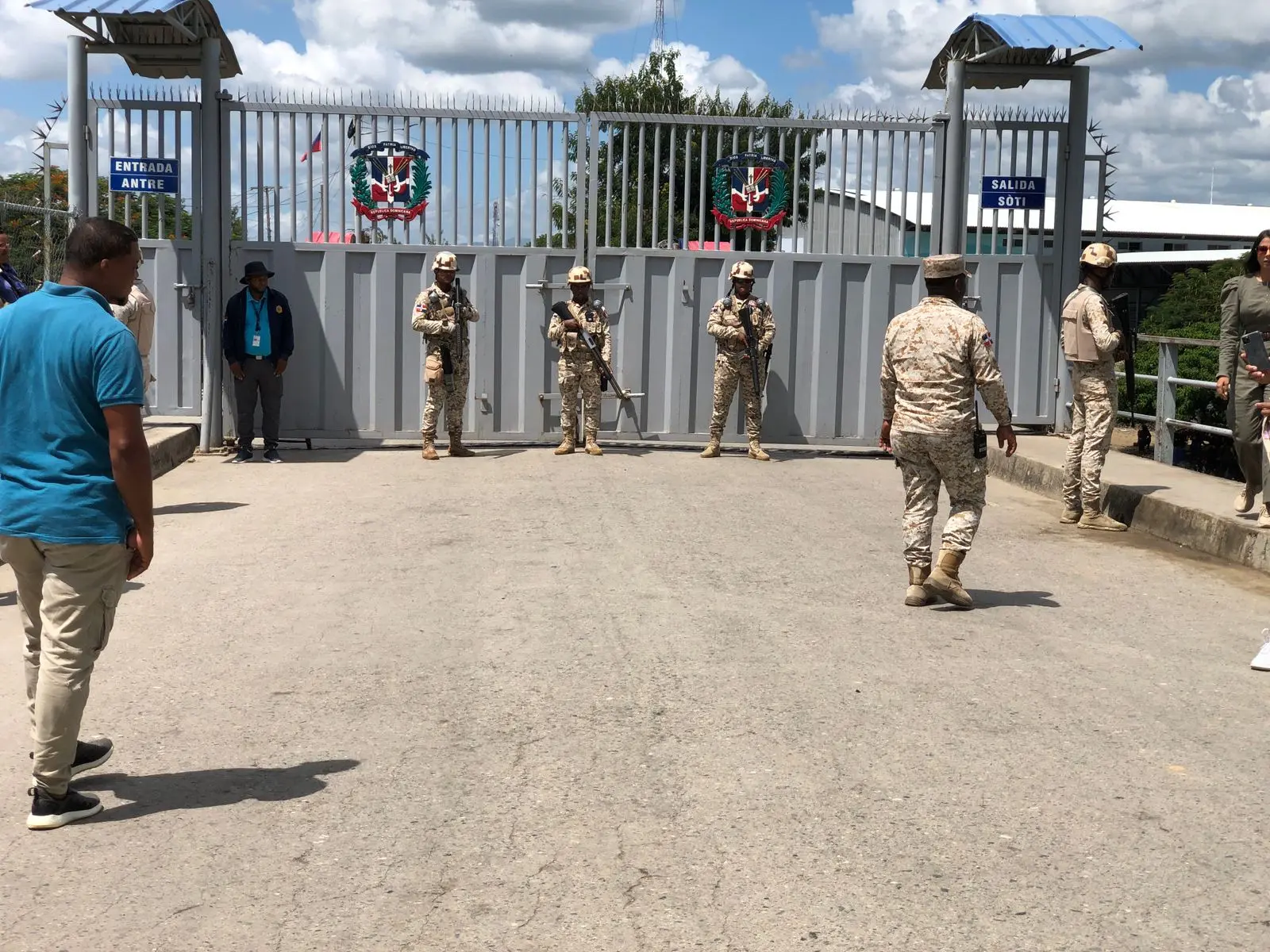A dozen organizations issued a joint statement on Saturday against the Dominican government’s closure of the Dominican-Haitian border in retaliation for the construction, on the Haitian side, of an irrigation canal on the Masacre River and denying that the work is a diversion of its course.
“We reject the Dominican government’s warlike speeches and aggressive measures based on the assertion that the Haitian irrigation canal on the Masacre River is a ‘diversion of the river,’” which constitutes a natural border between the two countries.
That assertion, according to the statement, “contradicts the Dominican official documents themselves, including the position of the National Institute of Hydraulic Resources (Indrhi) issued in 2021 and the binational declaration of May 27 of that year.”
With the closure and militarization of the border, “the Dominican and Haitian people, especially the poorest communities on both sides of the border, are harmed,” reads the text.
The signatory organizations demand that the Dominican government “withdraw its threats and xenophobic and racist agitation, reopen the border and reestablish the dialogue at the technical table, expanding its composition to include the participation of universities, social, peasant and community organizations of both countries.”
For these entities, “the just solution to the conflict involves the acceptance of the right of the Haitian people to access and use the water of the binational rivers and a shared and equitable use of this vital resource.”
The signatory organizations are Movimiento Socialista de Trabajadoras y Trabajadores, Haitianos RD, Movimiento Reconocido, Aquelarre RD, Grupo de Jóvenes de los Jovillos, Mujeres Sociopolíticas Mamá Tingó, Movimiento Socio Cultural para los Trabajadores -(Mosctha), Coordinadora Popular Nacional, La Ceiba, and Compas de la Diaspora.
President Luis Abinader ordered the complete closure of the borderland, sea,-6, and air – as of 6:00 a.m. Friday morning in retaliation for the irrigation canal construction, a measure that will be prolonged “as long as necessary for this action, this provocation, to be eliminated.”
The border closure implies suspending the binational market held on Friday and Monday in Dajabón, a commercial activity between the two countries whose cancellation will have economic consequences for Dominican merchants and supply problems for Haitians.
The suspension of the issuance of visas to citizens of the neighboring country was one of the first actions announced by the Dominican Government to force the suspension of the water intake works.
Other measures adopted by the Dominican Executive include prohibiting entry to the country of nine Haitian citizens, including former officials, former legislators, and the considered “sponsor” of the controversial canal, Camiel Samson.
In addition, the Civil Aviation Board announced the suspension of all cargo and passenger air operations to and from Haiti.
In the face of these actions, Haiti defended its right to exploit its natural resources, pointing out that “like the Dominican Republic, with which it shares the Masacre River, it has full right to carry out captures (water intakes) there, in accordance with the (bilateral) agreement of 1929”, the exact text on which the Dominican Government relies to point out the alleged illegitimacy of the works.
The Haitian Ministry of Foreign Affairs insisted on Friday on the importance of dialogue to solve the crisis, as transmitted by its head, Emmelie Prophete Milce, to the Dominican ambassador in the country, Faruk Miguel Castillo, to whom she summoned to a meeting to address the situation.
Source: Dominican Today



































